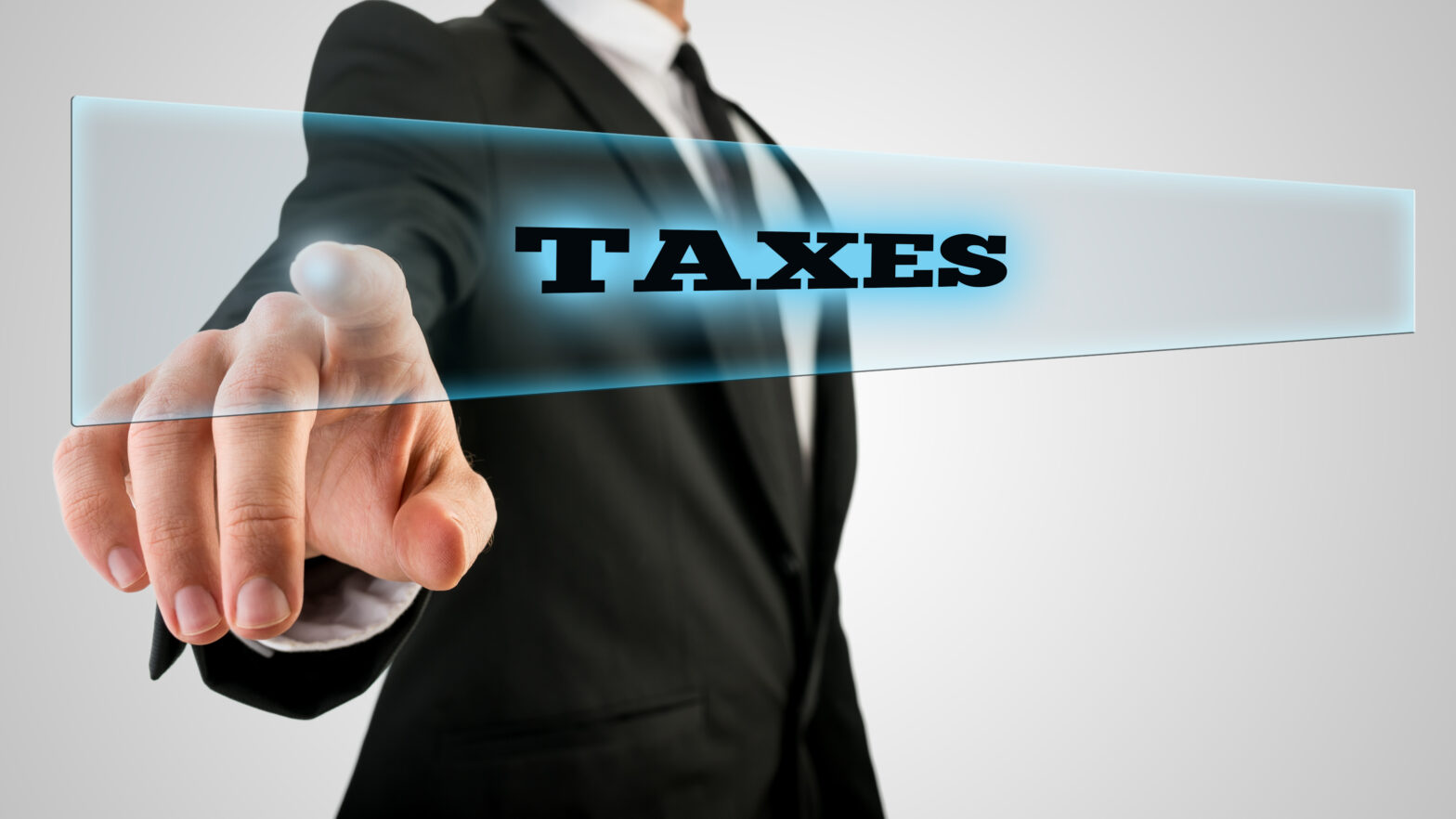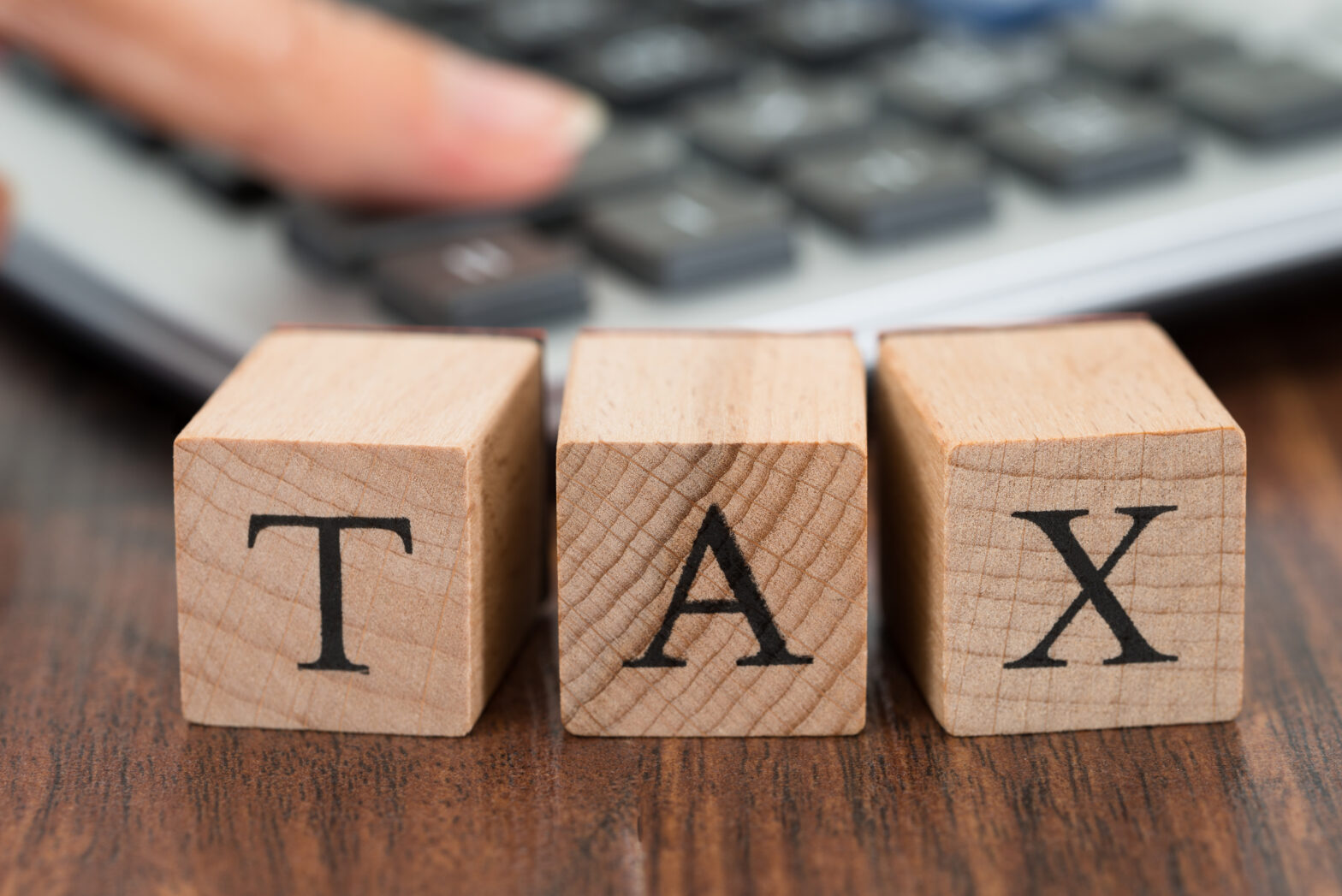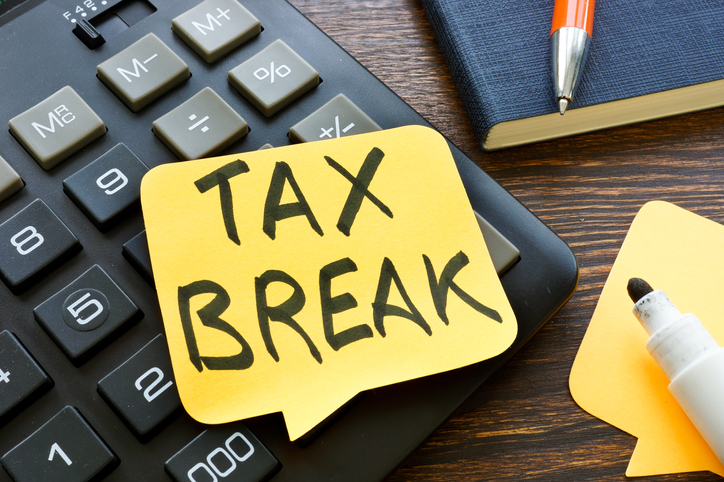Individuals who missed their self-assessment tax return payment on January 31st and do not have a reasonable excuse for failing to do so should act now and avoid facing further penalties, say Blick Rothenberg.
Paul Haywood-Schiefer, assistant manager at Blick Rothenberg, says, ‘Anyone who hasn’t submitted their self-assessment tax return by now should be looking to get this done and pay any liability as soon as possible. People shouldn’t bury their heads in the sand and think the problem will go away, it will only get worse, as penalties will be levied and eventually HMRC will take action to collect these and any tax owing.’
Tax Returns not filed by January 31st will be subject to a £100 penalty unless the individual has a ‘reasonable excuse’. A reasonable excuse is not specifically defined by law and an HMRC officer would look at each case, but some valid excuses include such things as a recent bereavement of a close relative, being in hospital, a life threatening illness, a fire or flood or problems with HMRC’s online services.
Haywood-Schiefer says, ‘What wouldn’t be classed as a reasonable excuse is if you forgot, you were relying on someone else to do it, you didn’t get a reminder from HMRC or you thought the deadline was another date. The same principle applies if you try to blame the January blues, the tube strikes or even Brexit!’
Interest will be running on any underpaid tax at HMRC’s rate of interest (currently 2.75 per cent) and will do so until payment is made. Individuals who haven’t filed because they can’t pay the tax need to speak with HMRC to see if they can arrange a time to pay plan (0300 200 3822).
Haywood-Schiefer adds, ‘Penalties will get harsher and interest will continue to accrue if no payment is made and no payment plan has been put in place. If by 2 March 2017 there is still an outstanding liability, a 5 per cent surcharge will apply. Further 5 per cent surcharges will apply on six and 12 months from the original deadline if the tax is still due.’
‘As well as the penalties for late payment, if the return is still not submitted three months from the due date, then £10 daily penalties will accrue. Further penalties arise on six and 12 months late, so it is important for people to bring their tax affairs up to date as soon as possible so as not to incur unnecessary penalties, which can be as much as 100 per cent of the tax due.’
Example: Silvia should have paid £8,000 of tax for the year ending on 5 April 2016, but she missed the deadline and if she continues to ignore it, she could end up facing more than £3,000 or even 100 per cent of the tax due in fines and interest.





